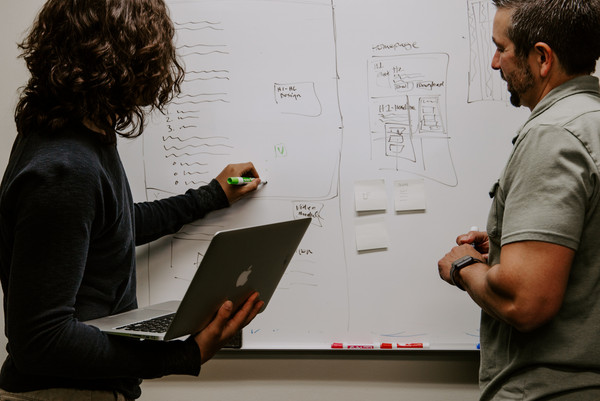Complete our survey on models of innovative practices on supported decision-making mechanisms!

This survey is part of research commissioned by EASPD targeted at professionals and experts who work in services for persons with disabilities. Its objective is to analyse the progress made in the implementation of "supported decision-making" and to identify models of innovative practices focusing on supported decision-making in social services.
Article 12 of the United Nations Convention on the Rights of Persons with Disabilities (UN CRPD) recognizes that persons with disabilities enjoy legal capacity on an equal basis with others in all areas of life. And, that state parties have the obligation to replace substitute decision-making regimes by supported decision-making, requiring both the abolition of substitute decision-making regimes and the development of supported decision-making alternatives. Supported decision-making comprises various support options, which give priority to a person’s will and preferences and respect human rights norms. These supports can be defined as services that help the person obtain, interpret, and understand the information needed to make a decision and its consequences. Accompanying the person in communicating their decision and developing actions to make it effective can also be part of the service and the supports.
Service providers play an important role in empowering persons with disabilities and supporting them by implementing supported decision-making. Supported decision-making alternatives further advance the enjoyment of Article 12 of the UN CRPD and service providers shall support their beneficiaries to make their own decisions and have control over their lives by providing them with the right tools and support.
We kindly ask for your support in identifying innovative practices focusing on supported decision-making in social services. With your answer you will contribute in improving services for persons with disabilities, promoting their autonomy and rights.
If you have any questions, please reach out to Mr. Lluís Marroyo, sending an email to: secretaria@campusarnau.org
Click here to fill out the survey!

